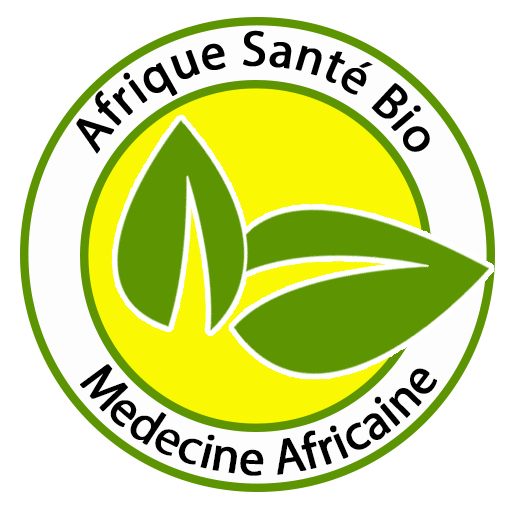Eczema
Definition
Eczema is a non-contagious inflammatory disease of the skin. It is an inflammation of the upper layers of the epidermis. Eczema can be acute or chronic, oozing or dry.
It is generally manifested by a series of successive or simultaneous symptoms: pruritus (strong itching), redness, swelling, oozing of clear and whitish liquid after scratching, blisters and nodules, crusts and desquamation which precede healing.
All lesions can generalize. Types of epidermis and associated problems. There are two types of epidermis. --Oily, seborrheic skin (90% of individuals) whose sweat and sebaceous glands have a high rate of secretion.
At the time of puberty, juvenile acne (pimples or blackheads) will tend to develop and later it may change into an extreme form of seborrheic eczema (redness in the form of patches and crusts. With age, senile pruritus may appear.
-Dry skin (about 10%) of individuals), which is characterized by hypoactivity of the sebaceous and sweat glands and a tendency to allergic reactions to light and pollen. It is often the skin of asthmatics and people sensitive to radiation.
This state of the epidermis can sometimes lead to neurodermatitis. Oily skin requires dry treatment with special preparations, as well as non-greasy creams and lotions. Dry skin, on the other hand, should be treated with fatty ointments that serve as the basis for antiallergic drugs and regulators of the neuro-vegetative system. Types of eczema.
There are three main types of eczema: -- eczema vulgaris which includes contact eczema and eczema caused by bacteria and infectious germs. Contact eczema is a very common disease in adults that most often occurs when the body comes into internal or external contact with an allergenic product.
It is an allergic reaction of cellular immunological hypersensitivity in contact with a given substance and it is important to know the exact start of the lesions, the circumstances of appearance (handled products, clothing, profession, environment, ingested food, etc.) .
This makes it possible to discover and avoid the product (cement, perfume, essence of plants, gas, smoke, certain drugs), in question which can be a substance hitherto normally tolerated.
-- atopic eczema, a repulsive reddish brown, is characterized by a genetic predisposition in association with other allergies and mainly affecting young children. It causes thickening of the skin and its desquamation then appears mainly on the face, neck, and joints (arms, knees and groin). Sometimes preceded by bouts of scab, chronic rhinopathy and asthma.
It can manifest itself in humans from birth until the age of forty. Stress sometimes seems to be the cause of many cases of atopic eczema.
-Seborrheic eczema, which is manifested by redness in the form of patches and crusts with very clear contours and with little oozing.
It often appears around puberty.
What to do ?
--the best treatment is the removal of internal or external contact with the responsible product.
--Make a cure of lemon. -
-Follow a detox or fasting diet.
-Make a cure of cooked or raw cow's milk.
-Use Africa-tisanes N°4 ointment: skin diseases.
Psychotherapeutic measures: Consult a psychotherapist for psychological support to overcome stress and anxiety.
Last edited: 19/08/2022
Add a comment
